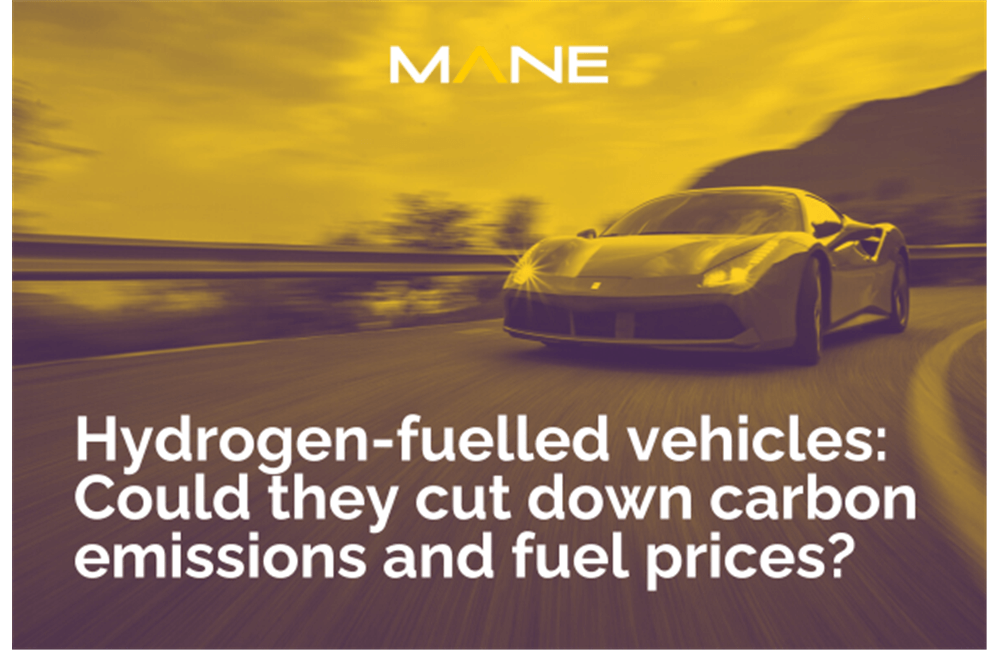Hydrogen-fuelled vehicles: Could they cut down carbon emissions and fuel prices?
29 Jun, 202310 minsAn upcoming electric vehicle battery plant is expected to launch the UK car industry into a ...

An upcoming electric vehicle battery plant is expected to launch the UK car industry into a brand-new phase. Despite this, the development of hydrogen-fuel vehicles and a framework alongside this would produce a hydrogen economy with fuel costs below the current fuel prices.
Meanwhile, British car manufacturers are attempting to move to meet the global demands they are currently being challenged with. In order for the world to reach net zero emissions by 2050, over 300 million electric vehicles are required by 2030. This means that almost 20 million megawatt hours will be needed to power these electric vehicles by 2050, consuming almost 10% of total global lithium resources.
However, due to large amounts of mining, minimal recycling of electric vehicle batteries and the demand on electricity grids to power EVs, there are difficult challenges facing our planet's capability of transitioning fully to electric vehicles by 2050.
Unfortunately, hydrogen refuelling stations are expensive to build and operate, in fact, they are a far more expensive project than EVs. This implies why in 2023 there are only 11 hydrogen refuelling stations available in the UK, in comparison to over 50,000 public EV charging points. At this rate, it is looking like only 0.01% of cars will run on hydrogen by 2050.
Despite things not looking so bright for building hydrogen refuelling stations, studies suggest that hydrogen might beagle to be used to decarbonise heavy vehicles for longer-range transport, which could act as a great starting point for the UK hydrogen economy to develop.
Studies have implied that blue hydrogen gas could possibly be sold for around the £2 mark per kilogram. With one kilogram amounting to the same volume of energy as nearly 4 litres of petrol. Therefore, this implies that hydrogen gas could become much more affordable than our current fuel.
In order to reach these cheaper prices, the UK hydrogen economy requires technological innovation and economies of scale to minimise these costs. Professionals are hoping to create a UK-wide network of 800 hydrogen refuelling stations by 2027, increasing to 2000 refuelling stations by 2030.
Are hydrogen-fuelled vehicles the answers to the current problems we face?
Further studies into our hydrogen supply chain suggest a promising future for hydrogen-fuelled vehicles because all of these developments will assist in bringing down the cost of hydrogen fuel. With the right attention, hydrogen could become a major player in global energy markets by 2050.



